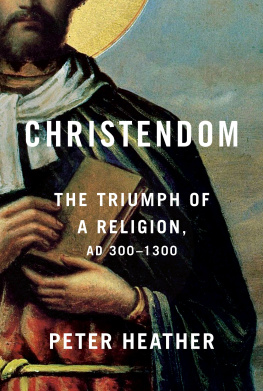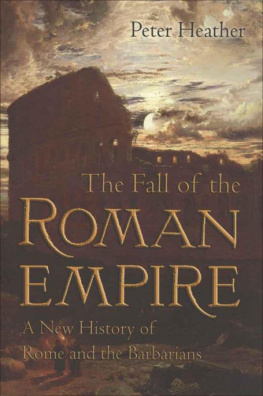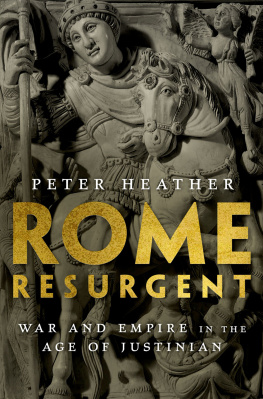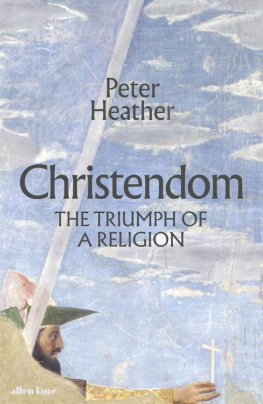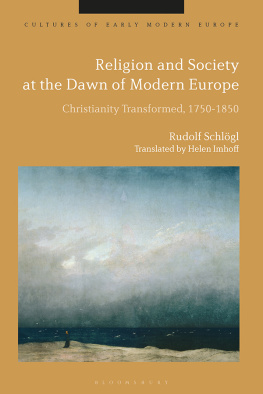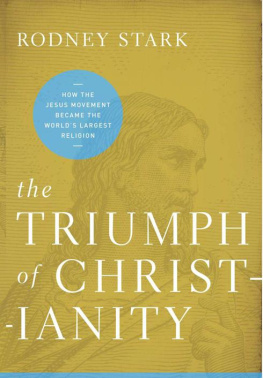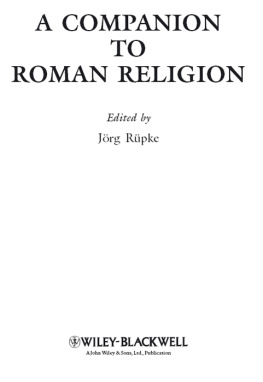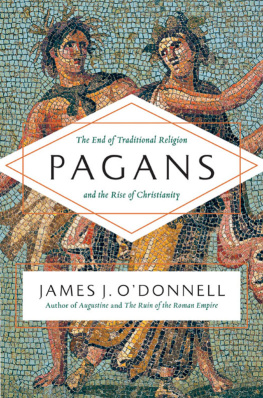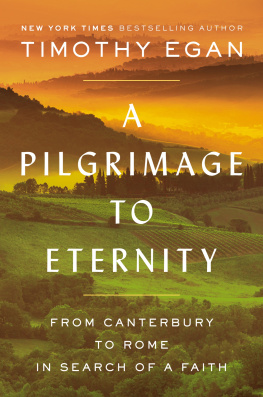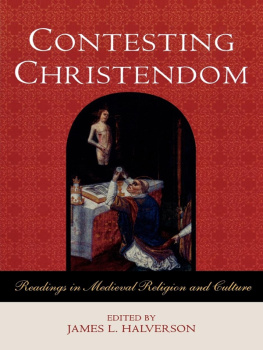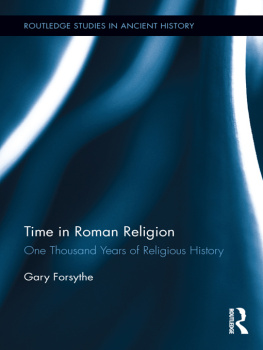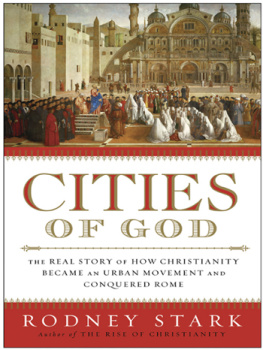Peter Heather - Christendom: The Triumph of a Religion, AD 300-1300
Here you can read online Peter Heather - Christendom: The Triumph of a Religion, AD 300-1300 full text of the book (entire story) in english for free. Download pdf and epub, get meaning, cover and reviews about this ebook. City: New York, year: 2023, publisher: Knopf, genre: History. Description of the work, (preface) as well as reviews are available. Best literature library LitArk.com created for fans of good reading and offers a wide selection of genres:
Romance novel
Science fiction
Adventure
Detective
Science
History
Home and family
Prose
Art
Politics
Computer
Non-fiction
Religion
Business
Children
Humor
Choose a favorite category and find really read worthwhile books. Enjoy immersion in the world of imagination, feel the emotions of the characters or learn something new for yourself, make an fascinating discovery.
- Book:Christendom: The Triumph of a Religion, AD 300-1300
- Author:
- Publisher:Knopf
- Genre:
- Year:2023
- City:New York
- Rating:5 / 5
- Favourites:Add to favourites
- Your mark:
Christendom: The Triumph of a Religion, AD 300-1300: summary, description and annotation
We offer to read an annotation, description, summary or preface (depends on what the author of the book "Christendom: The Triumph of a Religion, AD 300-1300" wrote himself). If you haven't found the necessary information about the book — write in the comments, we will try to find it.
In the fourth century AD, a new faith grew out of Palestine, overwhelming the paganism of Rome and resoundingly defeating a host of other rival belief systems. Almost a thousand years later, all of Europe was controlled by Christian rulers, and the religion, ingrained within culture and society, exercised a monolithic hold over its population. But how did a small sect of isolated and intensely committed congregations become a mass movement centrally directed from Rome? As Peter Heather shows in this illuminating new history, there was nothing inevitable about Christendoms rise and eventual dominance.
From Constantine the Greats pivotal conversion to Christianity to the crisis that followed the collapse of the Roman empirewhich left the religion teetering on the edge of extinctionto the astonishing revolution of the eleventh century and beyond, out of which the Papacy emerged as the head of a vast international corporation, Heather traces Christendoms chameleonlike capacity for self-reinvention, as it not only defined a fledgling religion but transformed it into an institution that wielded effective authority across virtually all of the disparate peoples of medieval Europe.
Authoritative, vivid, and filled with new insights, this is an unparalleled history of early Christianity.
Peter Heather: author's other books
Who wrote Christendom: The Triumph of a Religion, AD 300-1300? Find out the surname, the name of the author of the book and a list of all author's works by series.

